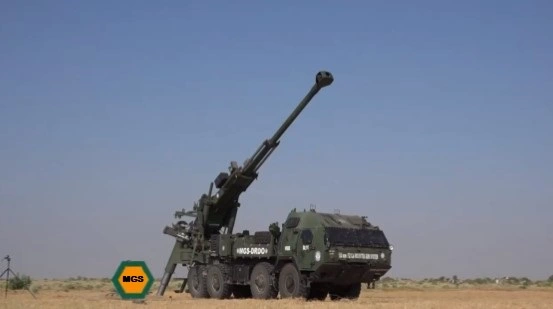The Army had earlier informed the government about the need for a jetpack suit to cross landmine-infested areas.
The Defence Research Development Organisation (DRDO) is close to handing over the prototype of an electric jetpack for military trials even as its developers are working overtime to explore options for extending the wearable human flight platform’s current flight range of 20 minutes to around two hours.
Globally speaking, British human flight company Gravity makes a jet suit that people can purchase for a hefty sum. These Iron Man-style jetpacks cost about $400,000 each. However, such a high-cost technology is unviable for large scale use in the military.
DRDO’s jetpack or wearable human flight platform is likely to be different from the one made by the British company as it is likely to use battery-run electric ducted fans instead of micro gas turbine (jet engine).
Electric ducted fans (EDFs) are integrated propulsion systems consisting of a multi-bladed fan, a high-power-density electric motor, and a shroud surrounding the fan and motor.
The DRDO developers are working to achieve a high thrust to weight ratio for the jetpack as this will help it achieve better endurance or range vis-a-vis a fuelled jet.
The DRDO’s wearable human flight platform’s prototype is likely to be ready in the next few months, sources said. After this stage the prototype will be handed over to the armed forces for trials.
The 43rd Report of the Standing Committee on Defence released last December also referred to the DRDO’s plans. “DRDO has taken up a feasibility study to demonstrate a wearable human flight platform, utilising battery driven Electric Ducted Fans (EDFs). The prototype of the same is under development. EDFs are the alternative to the micro gas turbine (Jet Engine) used in the Jetpack by other countries,” the report has said.
The Army had earlier informed the government about the growing need for a jetpack suit for its personnel who need to cross landmine-infested areas.
Once the DRDO prototype manages to achieve a flight range of two hours, it could be considered as a solution for carrying surgical strikes in future in difficult terrains. It could also be used for anti-Naxal operations or similar actions in forests by paramilitary forces.
Sources said a few Indian private sector developers are also aggressively conducting R&D on jetpacks. A company in Bengaluru, Absolute Composites, has also conducted research in the field and is likely to give tough competition to DRDO for supplying these jetpacks to the armed forces.
Sources said the Bengaluru company is the only one in the country working on such a product and it has managed to narrow down on a product that costs much less than the British company Gravity.

